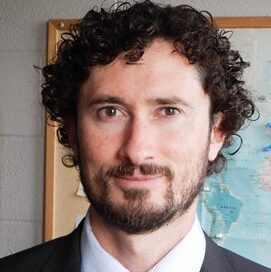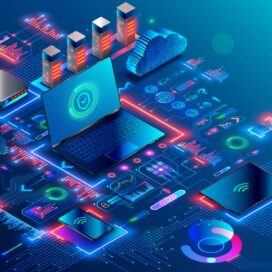WikiLeaks dump shows you how naked you really are
Published: March 9, 2017 / Author: CNN
What should we citizens make of the report from WikiLeaks, which published what it said were internal CIA documents showing that the agency developed secret tools to spy on us by hacking into pretty much anything we use on the Internet — our computers, smartphones, even our TVs?
Cybersecurity experts are trying to figure out what it all means, and not much is clear right now. Meanwhile, there are things that regular people should take a minute to understand.
First, every one of us has an online presence — call it an information avatar — that reflects what we buy, what we watch and read online, where we live and work, who our friends and loved ones are, who we are. Companies, governments, employers, friends, enemies, acquaintances — all want access to this data.
This avatar gets more valuable with time as we increase our digital presence with online bank and brokerage accounts, Facebook, LinkedIn, Twitter, credit and debit cards.
Eventually, as our cars and homes migrate online — through smart appliances like thermostats and coffee makers and home monitoring systems — our avatars will become even more valuable to many organizations.
There are significant benefits to expanding our digital presence — we’ll call that the “good”– but as this WikiLeaks document release reminds us, there is also the bad and ugly.
Not only can organizations creatively acquire data on us, but the employees of those organizations can use the Internet to illegally share those creative tools and techniques.
Read the entire op-ed on the CNN website.





